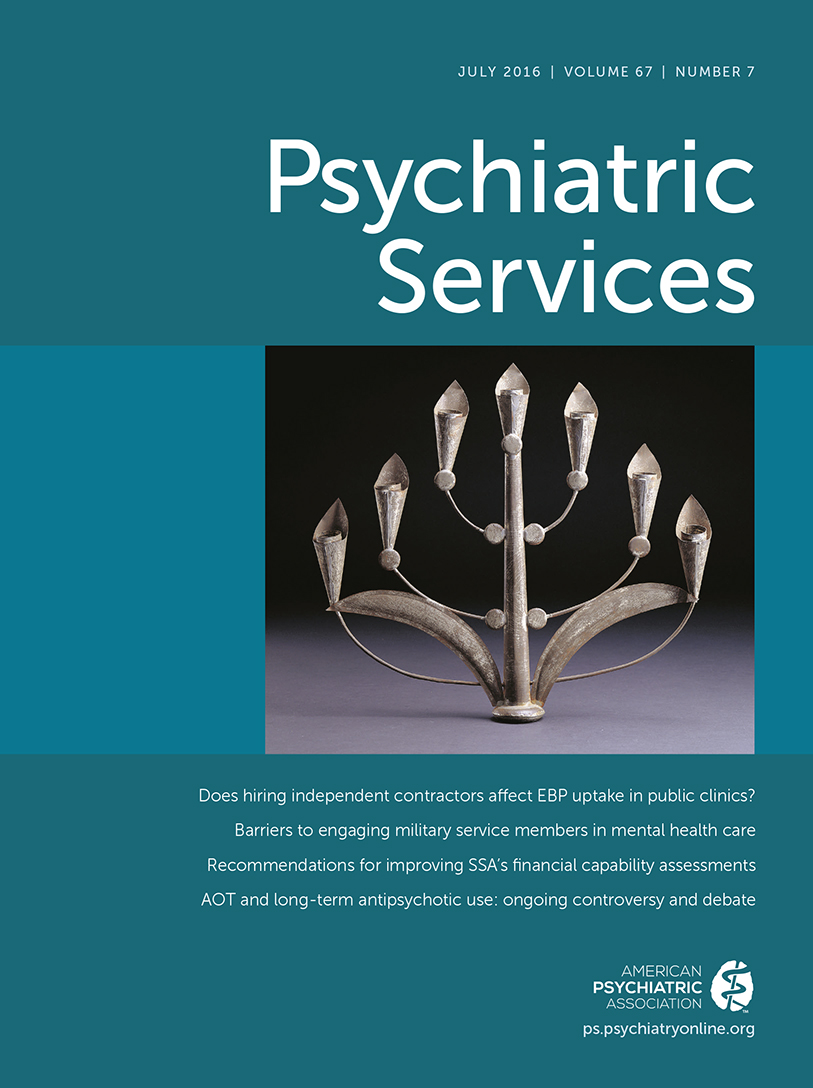Severe Mental Illness in LGBT Populations: A Scoping Review
Abstract
Objective:
There is increasing attention to diversity in psychiatric services and widespread recognition of the mental health implications of stigma for individuals from sexual or gender minority groups. However, these areas remain markedly underdeveloped in the area of severe mental illness. The aim of this review was to map out the existing base of knowledge in these areas to help inform future research, practice, and policy directions.
Methods:
A review of the literature was conducted to answer the following question: What factors and strategies need to be considered when developing services for individuals from sexual or gender minority groups who are experiencing severe mental illness? A comprehensive search of MEDLINE, PsycINFO, and Google Scholar was completed by using Arksey and O’Malley’s methodological framework for scoping reviews.
Results:
A total of 27 publications were identified for review. Mental health services research indicated generally lower levels of service satisfaction among lesbian, gay, bisexual, transgender, and transsexual (LGBT) individuals and minimal evidence regarding specific interventions. Descriptive research suggested an increased risk of severe mental illness in LGBT populations, an association between this increased risk and discrimination, and the potential benefit of cultivating spaces where individuals can be “out” in all aspects of themselves.
Conclusions:
There is a pressing need for research into interventions for LGBT populations with severe mental illness as well as descriptive studies to inform efforts to reduce illness morbidity linked to discrimination.



